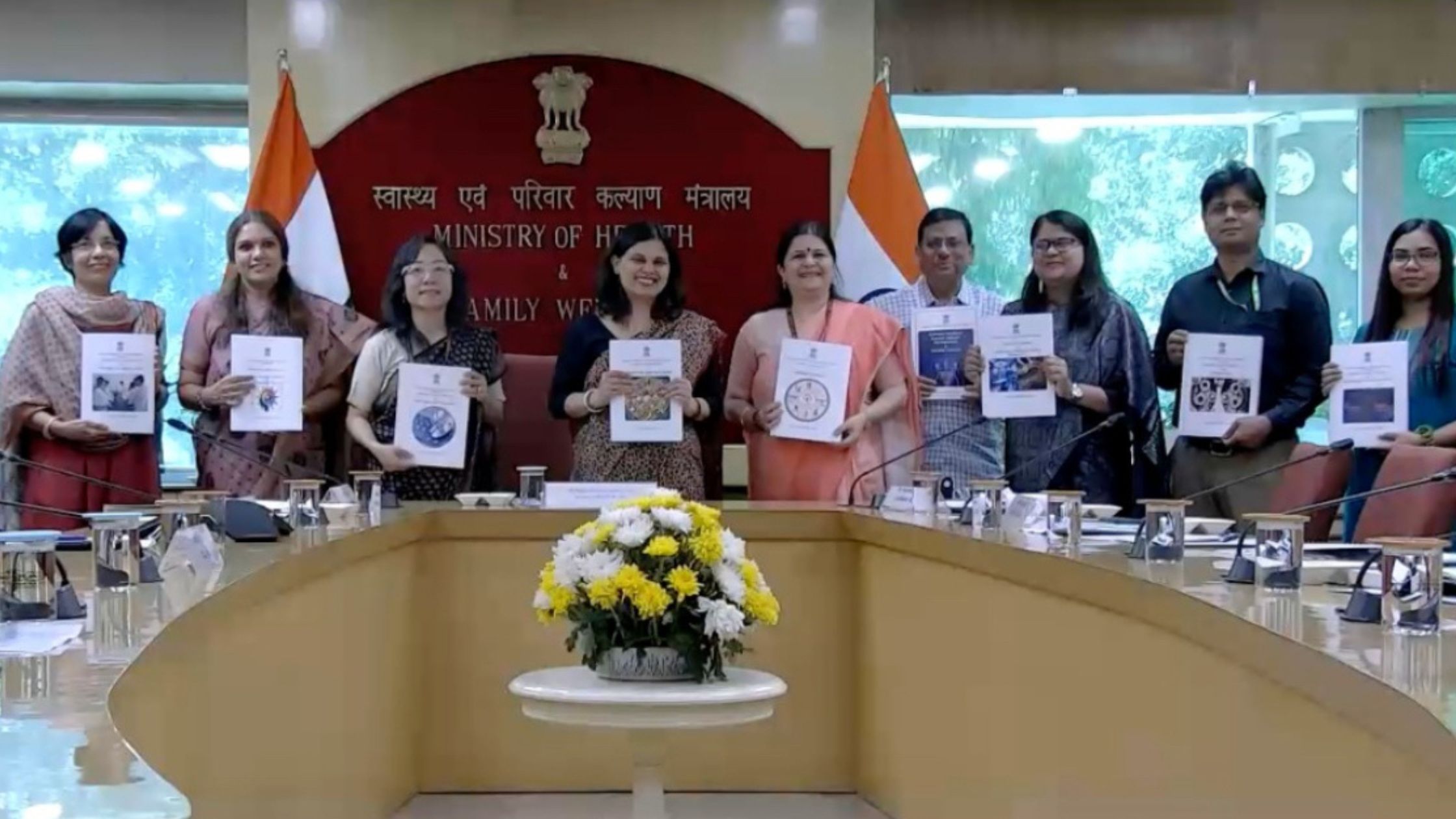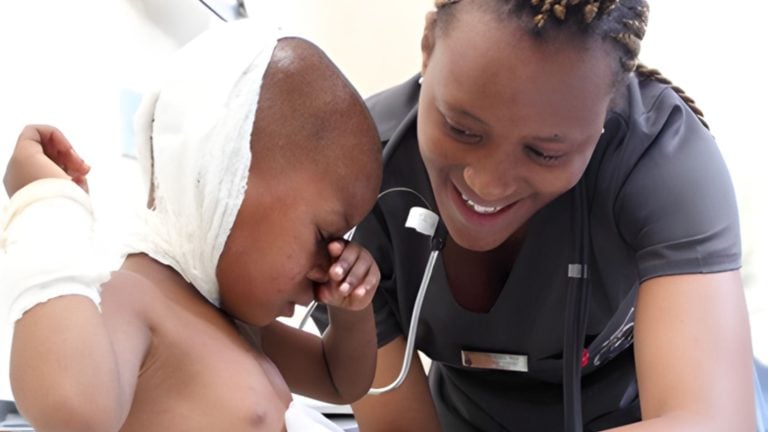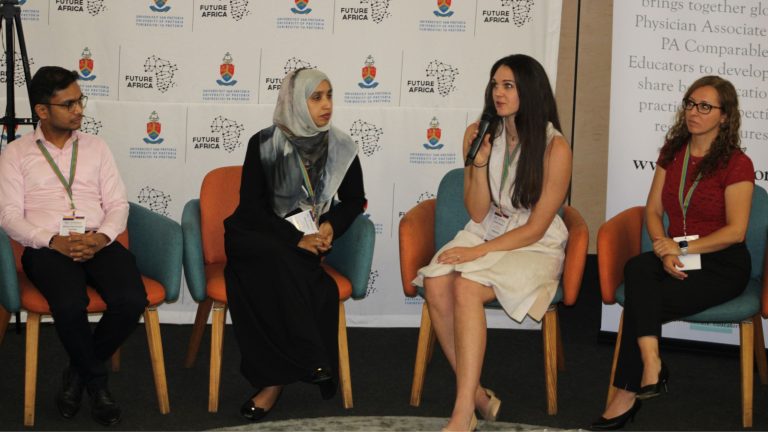Reach Us:
info@iapae.org

With the establishment of the National Commission for Allied and Healthcare Professions (NCAHP), India has entered a groundbreaking phase in the regulation and recognition of allied health professionals, including recognizing for the first time the category of Physician Associates (PAs). This Commission, created under the NCAHP Act of 2021, represents a significant advance in formalizing the responsibilities, qualifications, and training of over 50 types of healthcare and related professionals across India.
Implications of the NCAHP for Physician Associates
The NCAHP is responsible for overseeing education, establishing practice standards, and ensuring the registration and licensing of professionals in allied health in India. For Physician Associates, this represents a transition from uncertainty to clarity, organization, and legal acknowledgment.
Aside from the official title shift from Physician Assistant to Physician Associate, the Commission’s framework provides multiple benefits to the profession:
- Legal Acknowledgment: PAs are now an officially recognized healthcare professional cadre with specified scope of clinical practice.
- Standardization of Education: A unified framework will align training initiatives, minimizing discrepancies and enhancing educational quality.
- Licensing and Registration: The NCAHP is set to establish a national and state-level registry of PAs, which will guarantee official acknowledgment and facilitate licensing of PAs throughout India.
- Enhanced Employability and Role Definition: Official registration and recognition of PAs will enable job opportunities, particularly in public healthcare, where ambiguity regarding the PA’s responsibilities had previously restricted opportunities.
- Career Advancement and Ongoing Learning: PAs will benefit from organized career growth opportunities within a regulated system.
- National Entry and Exit Exams: The NCAHP plans to implement common entry and exit exams at the national level for Physician Associates and other allied healthcare professionals, standardizing admission criteria, ensuring minimum competency for practice, and enabling uniform national licensure across India. This initiative is expected to enhance public trust, strengthen professional identity, and align Indian PA education with global standards.
One of the significant efforts of the National Commission is to develop a standardized national curriculum for Physician Associates, led by a dedicated task force from the Indian Association of Physician Associates (IAPA). The task force engaged in extensive consultations with stakeholders and experts, both nationally and internationally, to ensure the curriculum is not only aligned with India’s healthcare needs but also globally relevant. It is designed to support both national and international academic mobility and employment opportunities for Indian-trained PAs.
The National Commission has recommended the implementation of this new curriculum starting from the 2025–26 academic year across all universities in India offering the PA program. From the 2026–27 academic year, the implementation will become mandatory, thereby ensuring nationwide standardization and quality assurance in PA education.
Leadership and Representation
In this landmark phase, Mr V. G. Prasad, PA faculty at Amrita Vishwa Vidyapeetham (https://www.amrita.edu/school/medicine/departments/medical-education/faculty/) has been appointed as a member of the National Commission involved in developing standards and preparing common guidelines for the functioning of the commission, and Ms. Gomathi Sundar, President of IAPA (https://www.iapaonline.org/iapa.html) serves as a member of the NCAHP Council, representing five professional categories, including Physician Associates.
Both individuals have played crucial roles in shaping the PA profession in India. Mr V. G. Prasad and Ms. Gomathi Sundar bring not only decades of experience but also a deep commitment to the PA movement in India. Their connection with the IAPA spans several years, with active involvement in advocacy, curriculum development, and stakeholder engagement aimed at improving the quality of PA education and professional practice. With extensive knowledge of the profession’s strengths, limitations, and potential, both are well-positioned to influence the regulatory landscape and tackle India’s unique healthcare challenges.
Looking Ahead
The establishment of the National Commission is more than a bureaucratic milestone, it’s a strategic step towards building a resilient, responsive, and inclusive healthcare workforce in India. For PAs, this moment signifies long overdue validation, new responsibilities, and the promise of a more structured and impactful career path.
As India’s healthcare system evolves to meet the growing demand for equitable and skilled care, the role of PAs as versatile, mid-level providers is increasingly vital. With strong backing from national regulations, the PA profession is well-positioned to expand its role and become an integral part of India’s healthcare system.
News article written by Dr Anitha Chandrasekhar, DMSc, Physician Associate, IAPAE Chair of Communication and Innovation Committee, with inputs from Ms Gomathi Sundar, President, IAPA.




Iam physican assistant in India how to transform after PA to MD is possible